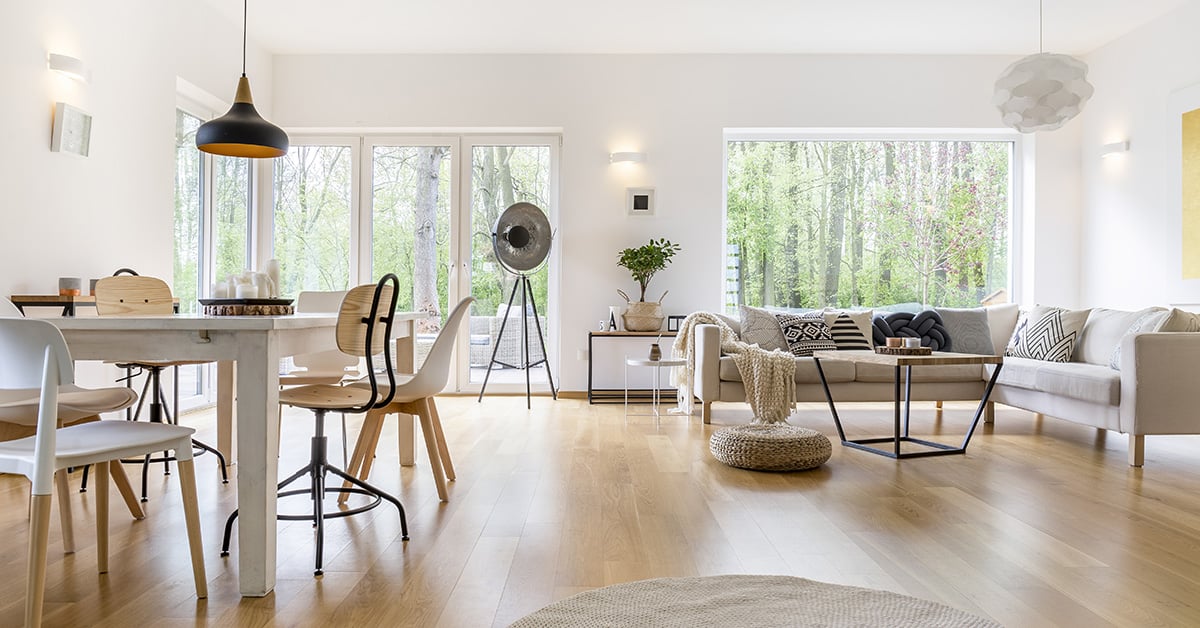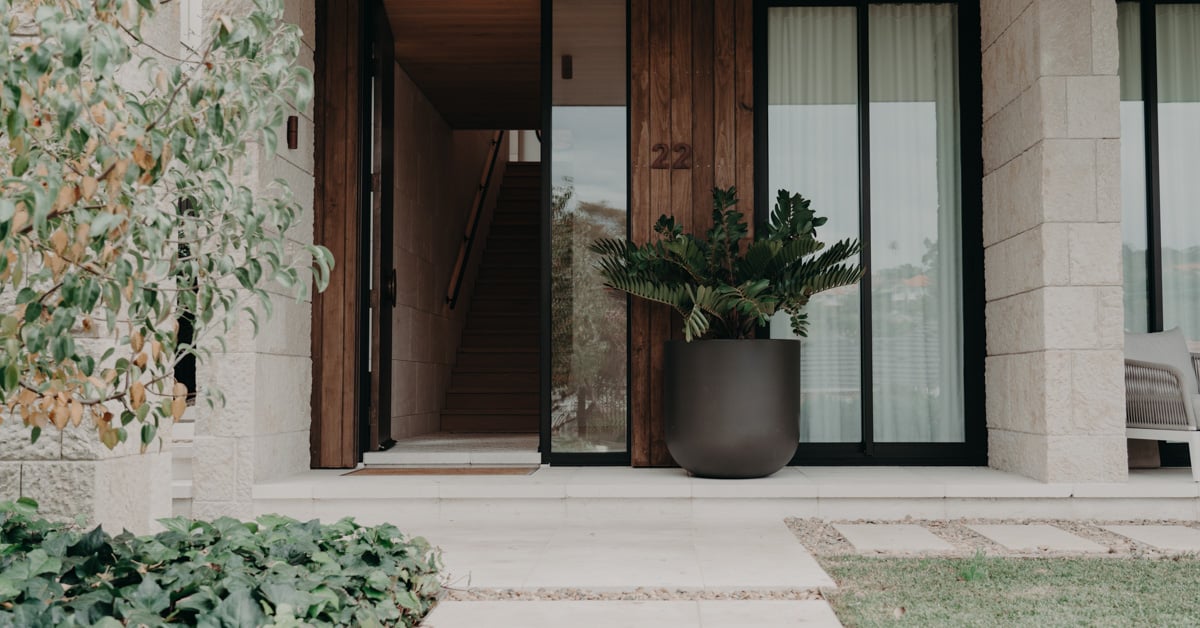You Sold Your Home - Now What?

Congratulations! You have sold your property and now you can enjoy finding or moving into a new home. Emotions may be running high at this point from successfully selling your home, but in order for the sale to be completed there are still a few things you’ll need to do.
Selling your home
Contract of Sale
When drawing up the contract of sale for your property, you and the buyer may have agreed upon some specific conditions.
Usually, these conditions are there for the buyer’s purpose and may include a sale of their previous home, final inspection, or the acquisition of finance.
Sometimes there will be special conditions that the vendor will need to fulfil, too. This might be repairs, the completion of renovations, or other vendor responsibilities that were agreed to.
 |
From Exchange to Settlement
During the time that occurs between the contract exchange to settlement, you’ll need to fulfil any special conditions that were outlined in your contract of sale. This means you’ll need to be in contact with your real estate agent to ensure these tasks are carried out before settlement day rolls around.
Finance
If you chose to buy a new home before you sold your old one, then you may have used bridging finance to pay for your purchase.
Bridging finance works by ‘bridging the gap’ between your purchases. Essentially, this type of loan provides finance for both your old and new home for a short period of time, usually around three to six months.
Once the sale of your home is finalised, you can organise to complete your bridging loan with your lender. As these types of loans are usually interest-only, it’s best to organise the completion of the loan as soon as possible.
On Settlement Day
As settlement day approaches, both the buyer and seller solicitors will contact each other to ensure conditions have been fulfilled and to organise finance.
You won’t need to actually be present for settlement to go ahead, as the solicitors can do this without you.
Settlement day is when the buyer’s lender authorises the payment for the balance of the home. This means you can expect to receive payment for the property on this date.
It may not just be the balance of the property’s price that will be paid at this time. You may also receive payment for
utility bills and tax calculations outlined by your solicitor.
The buyer and their solicitor will also organise the deposit to be transferred to you. This deposit is usually held in a
trust account by your real estate agency until settlement day.
On this day, you’ll also need to organise the handover of the keys to the new owner. Usually, you’ll need to give your
keys to your solicitor, who will then pass them onto the buyer’s solicitor.
This means you’ll need to be fully moved out before settlement day to ensure the home is ready for the new owners.
Handover
At the time of the settlement, you’ll need to make sure the title of the home and land has been transferred to the new owner. Utilities, such as gas, electricity and water, will also need to be transferred, so you should organise a final reading for these services.
If your property has body corporate then you’ll need to organise the Body Corporate Information Certificate for the new owner.
Extra Charges
When you sell your home, you might have to pay some extra charges for GST and capital gains tax, depending on where your property is located.
Generally, your property won’t be liable for GST unless it has a commercial use (such as a home and office).
If your home was purchased after 1985 then you might need to pay capital gains tax (CGT). This incurs for investment properties, not for the sale of your own home for residential purposes.
DISCLAIMER - The information provided is for guidance and informational purposes only and does not replace independent business, legal and financial advice which we strongly recommend. Whilst the information is considered true and correct at the date of publication, changes in circumstances after the time of publication may impact the accuracy of the information provided. LJ Hooker will not accept responsibility or liability for any reliance on the blog information, including but not limited to, the accuracy, currency or completeness of any information or links.



